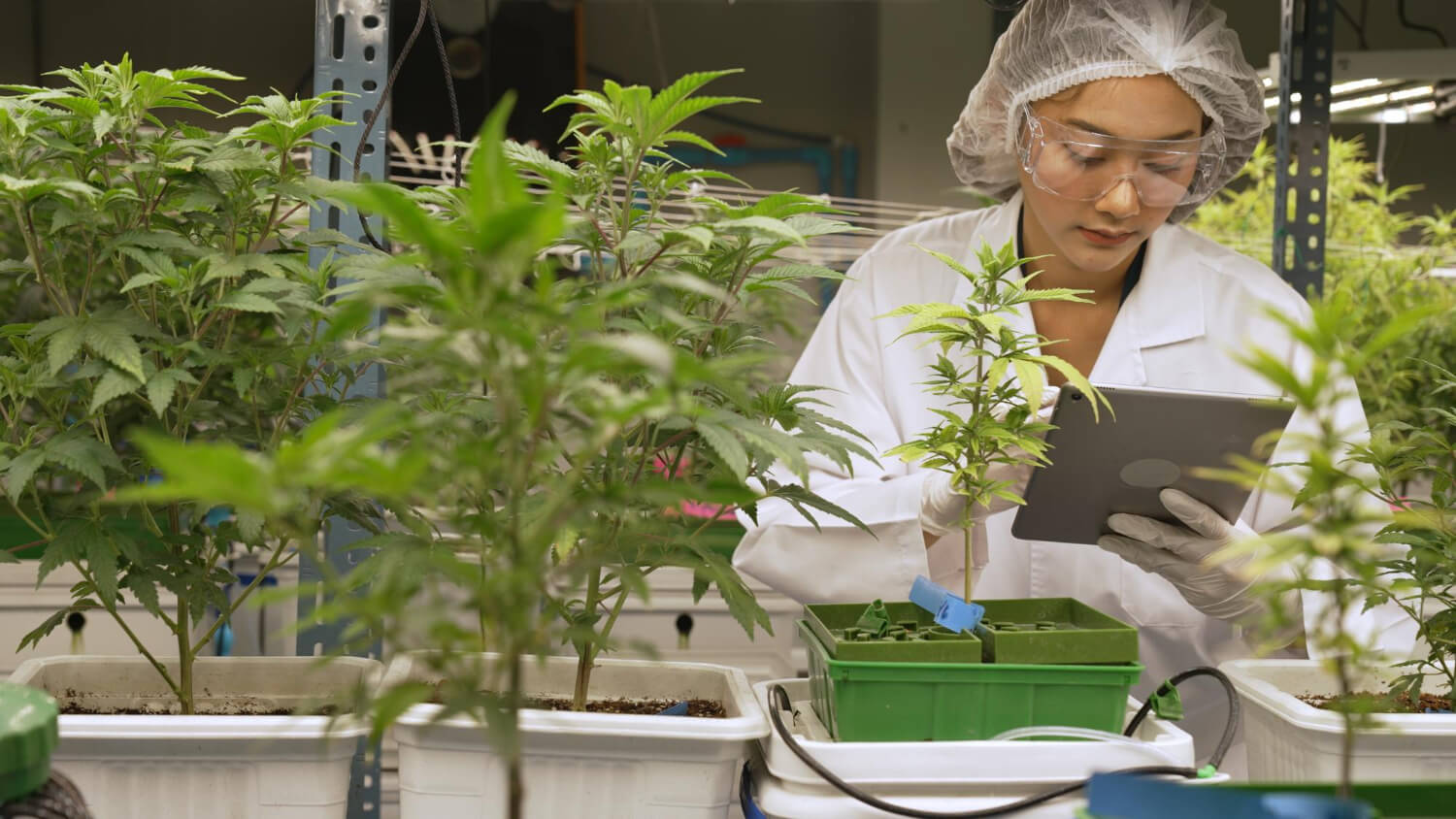In recent years, the cannabis industry has experienced both growth and contraction. Denver-based marijuana recruiting firm Vangst reported the first-ever decrease in cannabis jobs in February 2023. Factors such as global inflation, reduced cannabis prices, lack of investment, and oversaturation in mature markets have led to layoffs in many marijuana companies.
However, it’s not all bad news for the cannabis sector. There are areas with promising job growth potential and ample opportunities for businesses to adapt to shifts in the market landscape. In this article, we’ll discuss these emerging trends and how industry executives can navigate through uncertainty and change:
A Shift Towards an Employers’ Job Market
With more choice in top talent, companies now hold a higher bargaining power when hiring new employees. Executives from newly legalized states, especially on the East Coast, are also becoming increasingly available, leading to more options for employers.
- Companies can utilize this opportunity to find skilled personnel at more competitive salaries.
- Businesses must adapt to the workforce’s changing needs and ensure they offer attractive packages to new hires.
Increased Demand for Multi-Functional Employees
As staff is laid off, remaining employees are expected to take on more responsibilities and contribute to various aspects of the business. This shift towards multi-functional employees refers to earlier days in the cannabis industry, where executives often wore multiple hats rather than having single specific roles.
- Successful employees need exceptional adaptability, agility, and flexibility to survive and thrive in this environment.
- While multi-tasking can lead to personal and professional growth, companies must ensure a balanced workload for their employees.
Challenges in Joining the Cannabis Industry
Fewer jobs available and an increased emphasis on multi-functional personnel make it harder for newcomers to break into the field. Candidates without prior experience in the cannabis sector may find it especially challenging to secure positions in middle management, human resources, marketing, or compliance roles, as these are often outsourced or considered non-revenue generating.
- Potential job seekers should pursue internships, part-time work, or specialized training programs to distinguish themselves in the competitive market.
- Networking within the industry and staying current on the latest developments to increase overall employability.
Temp Workers on the Rise
Economic uncertainty has led many businesses to use temporary workers, fractional staff, and consultants rather than hiring permanent staff. This shift allows companies more flexibility and cost savings, as temporary workers typically don’t receive full-time benefits. It also provides for a dynamic workforce with expertise across different aspects of the business.
- Executives should consider using temp workers to adapt quickly to changing market conditions while minimizing risk.
- Embracing a hybrid team provides full-time executives and temp workers opportunities to learn from one another and create a diverse, resilient company culture.
An Eastward Migration of Talent
The trends in labor migration within the cannabis sector have partially reversed, as many natives of the East Coast who had moved west for career opportunities are now heading back home. With recent expansions in adult-use markets, areas like Maryland have seen substantial growth in cultivation and manufacturing sectors, rendering a steady demand for labor.
- Companies should consider tapping into the local talent pool in East Coast states and capitalize on rapid developments within this area of the cannabis sector.
The Importance of Retaining Talent: Minimizing Brain Drain
Despite the current challenges, companies must retain skilled professionals who have been trained in the unique demands of the cannabis industry. Many fear losing valuable employees could lead to an irreversible brain drain as expertise is lost and growth slows down.
In conclusion, the cannabis job market is undeniably experiencing fluctuations and uncertainty. However, by staying informed on emerging trends, adapting their hiring strategies effectively, and nurturing a diverse team of talented professionals, businesses can continue to succeed and contribute to a strong, thriving cannabis industry.





